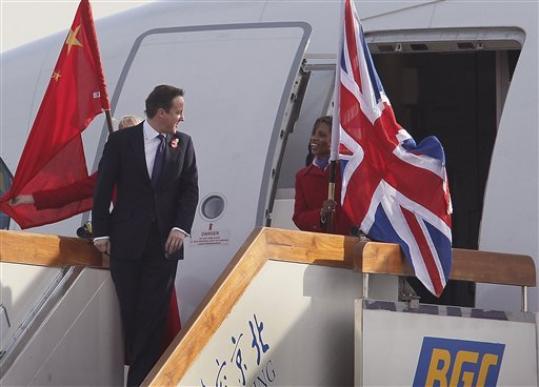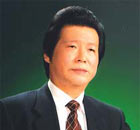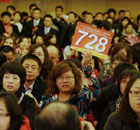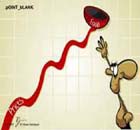Foreign and Military Affairs
UK's Cameron in Beijing on business-centered visit
(Agencies)
Updated: 2010-11-09 14:09
 |
Large Medium Small |
BEIJING - British Prime Minister David Cameron arrived in Beijing on Tuesday, leading his country's largest-ever official delegation to China in the latest European push to win business and spur a sluggish economy at home.
 |
|
British Prime Minister David Cameron looks back while walking past flight attendants holding British (R) and Chinese national flags upon his arrival at the Beijing Capital International Airport in Beijing, Tuesday, Nov 9, 2010.[Photo/Agencies] |
Cameron, accompanied by four Cabinet ministers and about 50 business leaders, was due to meet with Premier Wen Jiabao at the Great Hall of the People in the heart of the capital later Tuesday. He meets President Hu Jintao on Wednesday.
The two-day visit marks Cameron's second major foray to court an emerging economy since taking office in May. He went to India in July.
| ||||
Britain "wants to have a much, much stronger relationship with China," he said.
Last year, China was Britain's third-largest source of imports and ninth-largest export market. Cameron has said he hopes to see annual bilateral trade double by 2015 to more than $100 billion, including $30 billion per year in British exports.
On Wednesday, Cameron will deliver a speech insisting Britain retains considerable global influence despite its economic woes, and constitutes an important trading partner for China.
Cameron is joined by executives from Royal Dutch Shell PLC, Tesco PLC, Barclays bank and Diageo PLC, among others. Treasury chief George Osborne, Business Secretary Vince Cable, Energy and Climate Change Secretary Chris Huhne and Education Secretary Michael Gove are also on the trip.
Cameron's visit comes on the heels of Hu's trip to France and Portugal last week that resulted in $20 billion worth of contracts for French and European firms. Wen visited several European countries in September and October, conveying pledges to strengthen trade and purchase Greek bonds.
Boosting trade will also be on the agenda at the Group of 20 meeting Thursday and Friday in Seoul, South Korea, where Chinese and European officials will meet with counterparts from the United States and elsewhere.











